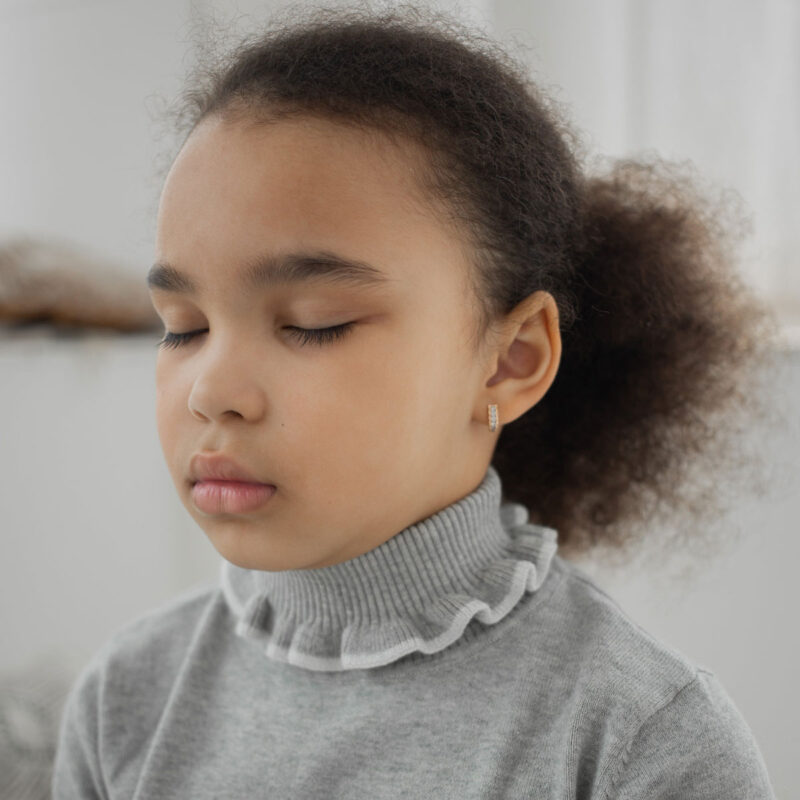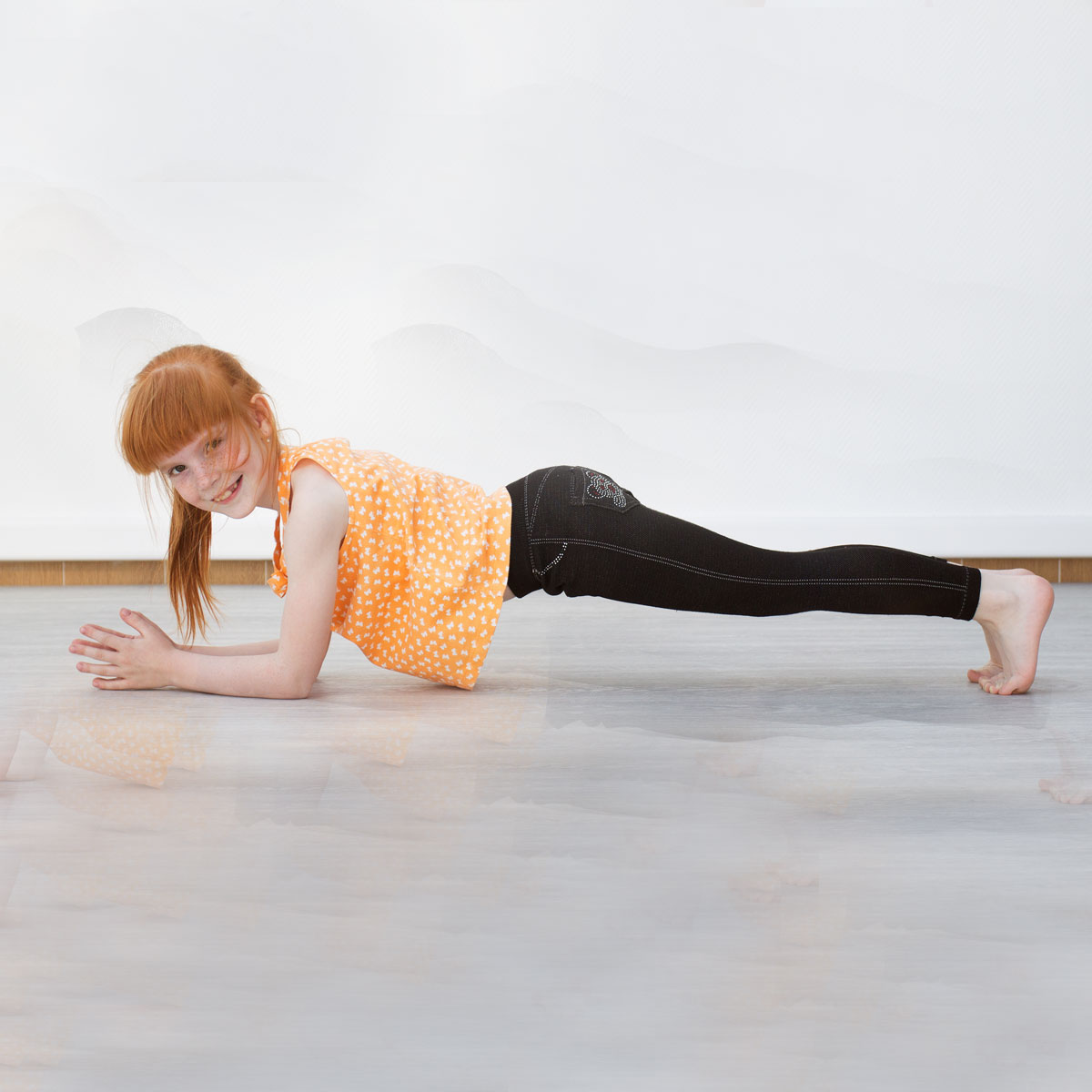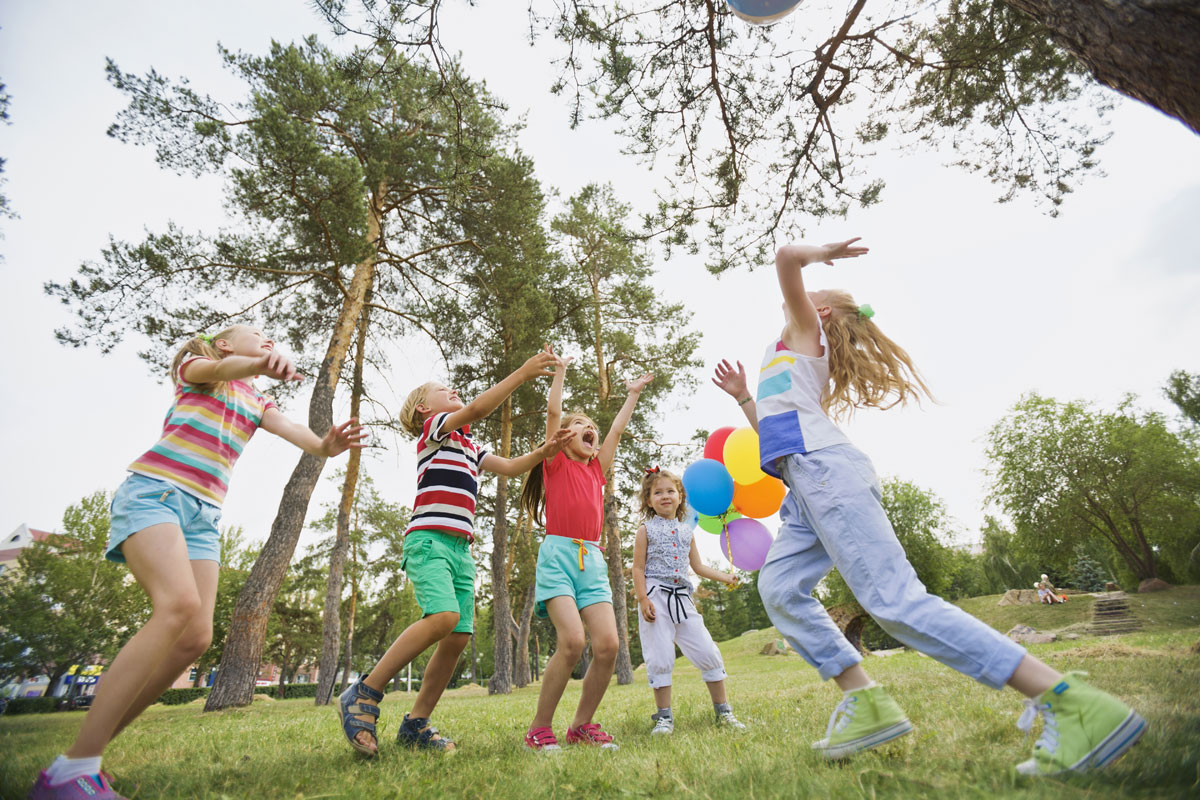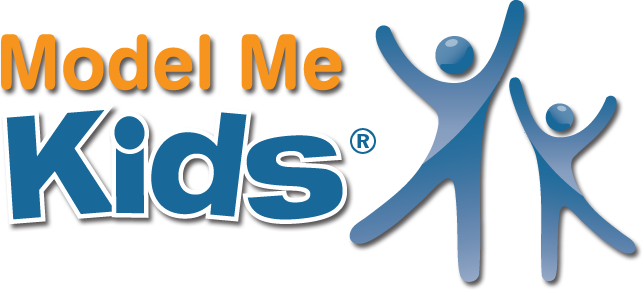
Model Me Yoga™
Yoga for Autism
The Model Me Yoga™ video leads children through yoga sequences for breath, movement, and self-awareness to enhance social emotional learning. Yoga is a powerful tool for helping children develop self-regulation skills, as it engages both their bodies and minds in a way that promotes calm, focus, and emotional control.
Elementary, Middle School, High School
Run Time: Approx. 153 Minutes
Watch Preview
Model Me Yoga™
Topics
Breathing
Movement
Strength
Partner Yoga
Chair Yoga
Meditation
Yoga Studies
Studies shows benefits of yoga for children with Autism Spectrum Disorder:
NCBI: Yoga for Autism
Harvard Medical School
Harvard Medical School


About
The video leads children through yoga sequences for breath, movement, and self-awareness. No yoga experience necessary! Designed for children with Autism but appropriate for all kids! Each sequence runs approximately 10-15 minutes, so it can be used as a short break or strung together with other segments for a longer yoga class. The sequences are first presented with visual cues and background music to explain the poses. In the second version, the same sequences are offered without the visual cues or music background as an option. Each pose is modeled by a child and explained by the yoga teacher.

Challenge
Children with Autism often face sensory challenges, as they may experience heightened or diminished sensitivities to sensory stimuli.

Skills
Breathing exercises and mindfulness in yoga contribute to better self-regulation, aiding children in managing emotions and stress.

Benefits
Yoga fosters mindfulness, improving attention, which can be particularly beneficial for children with Autism who may struggle with concentration.

Video Modeling
Using visual aids like video modeling helps children with Autism learn yoga poses and mindfulness techniques.

Meditation
Lie down on your back. You can bend the knees and put the soles of the feet on the ground. Or bring your legs long on the floor and let the toes fall open to the sides. Close your eyes. Notice your breath. Is it smooth or choppy? Deep or shallow? Fast or slow? You don’t need to change anything about your breath. Just watch how your breath moves as if you’re floating about yourself, looking down and observing your body.
[After observing] Put your right hand on your belly. Put your left hand on your heart. Breath in and out through the nose. Notice the rise and fall of your hands. As you breath in, the right hand lifts a little followed by a lift in the left. As you breath out, the hands go back down to your body. Stay with noticing this movement [a minute or longer]. If you get distracted, that’s ok. No worries. Just invite your attention back to your hands moving with the breath. [After a minute or longer] Bring your hands down to your sides and rest. Notice. How has your breath changed? Has it slowed? Smoothed? By slowing the breath, we quiet our thoughts.